Our team is ready to help you find the perfect solution to meet
Build an IT architecture that perfectly aligns with your business objectives
Professionals Tools and Technologies We Use
Cloud Providers
Amazon AWS, GCP, Microsoft Azure, Any Private Cloud and other…
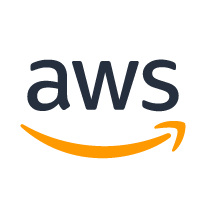


Automation Infrastructure [IAC]
Terraform, Helm, Pulumi, AWS CloudFormation and other…

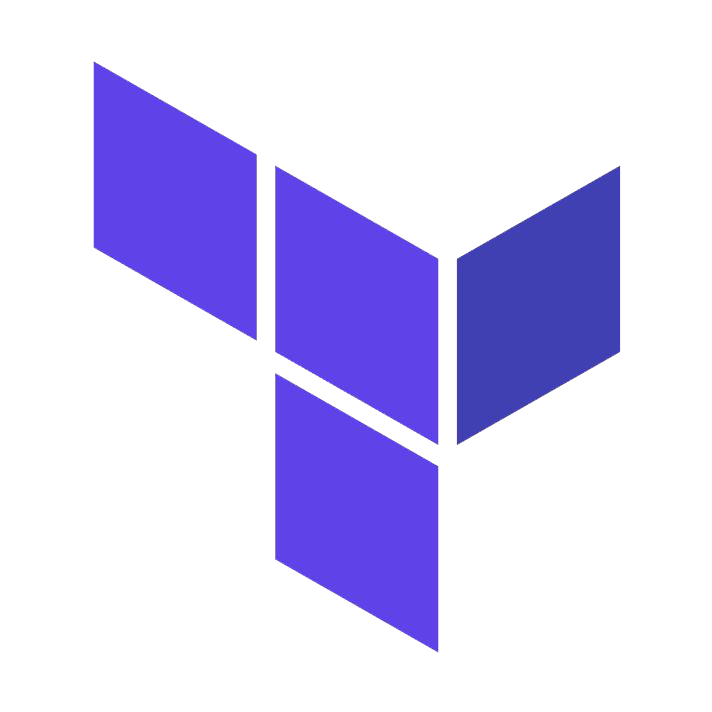

Automation Infrastructure [IaC]
Automation infrastructure refers to the systems and processes used to automate the provisioning, configuration, and management of an organization's IT infrastructure. It aims to reduce the time and effort required to manage and maintain these resources, while also improving the reliability and efficiency of systems. Automation can be achieved through the use of tools and technologies such as configuration management software, containerization platforms, and infrastructure as code (IaC) frameworks. Automation infrastructure can help organizations scale their systems more quickly and easily by automating the provisioning of new resources as needed.
Containers & Orchestration
Docker, Compose, Kubernetes and other…



Containers & Orchestration
Containers are a lightweight and portable form of virtualization that allow applications and their dependencies to be packaged together in a single container image. Containers allow applications to be easily deployed and run on any machine, regardless of the underlying operating system or hardware configuration. This makes them a popular choice for deploying applications in cloud environments, where they can be easily scaled up or down as needed.
Orchestration refers to the process of managing and coordinating the deployment and operation of containers in a containerized environment. This includes tasks such as scheduling containers to run on specific machines, managing resource allocation for containers, and ensuring that containers are running smoothly.
There are several tools and technologies available for container orchestration, including:
- Kubernetes: Kubernetes (also known as K8s) is an open-source container orchestration platform developed by Google. It provides a range of features for managing containerized applications, including automatic scaling, self-healing, and high availability. Kubernetes has become the de facto standard for container orchestration and is widely used in cloud environments.
- Docker Swarm: Docker Swarm is a container orchestration platform developed by Docker, Inc. It allows users to create a cluster of Docker hosts and deploy containers across the cluster. Docker Swarm provides features such as automatic container placement, self-healing, and rolling updates.
- Apache Mesos: Apache Mesos is an open-source container orchestration platform developed by the Apache Software Foundation. It allows users to deploy and manage containerized applications across a cluster of machines. Mesos provides features such as resource isolation, workload balancing, and high availability.
Other tools and technologies for container orchestration include OpenShift, Nomad, and AWS Fargate. These tools provide various features and functionality for managing containerized applications in different environments.
Security
Sonarqube, Aquasecurity, Dome9 Security, HashiCorp Vault and other…

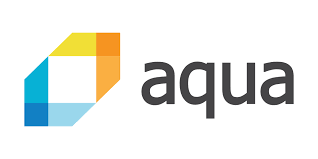
Security
Security is an important consideration in the software development and operations (DevOps) process. DevOps aims to streamline and optimize the development and operations processes, and this includes ensuring that systems are secure and compliant with relevant regulations and standards.
By following these best practices, organizations can improve the security of their systems and reduce the risk of security breaches.
CI/CD
Jenkins, GitLab, GitHub, Bitbucket, ArgoCD and other…


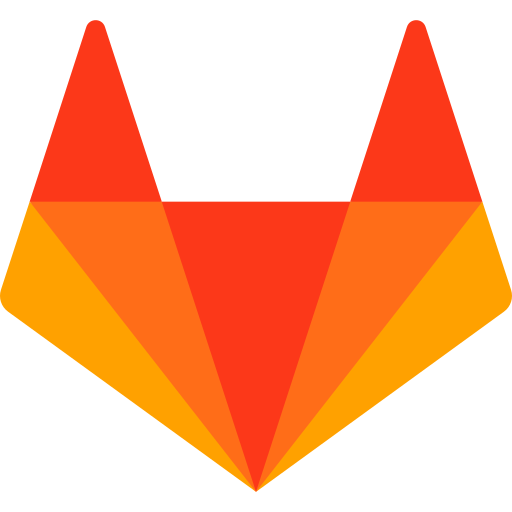
CI/CD
Continuous integration and continuous deployment (CI/CD) are software development practices that involve continuously integrating code changes, testing them, and deploying them to production.
CI/CD can help organizations to improve the speed and reliability of their software development process by automating manual tasks, reducing the risk of errors, and ensuring that code changes can be made quickly and safely. It is an important aspect of DevOps and is often used in conjunction with other DevOps practices such as infrastructure as code (IaC) and containerization.
Big Data and Analysis
Databricks, Tableau, PowerBI, Amazon Athena, Google BigQuery and other…



Big Data and Analysis
Big data refers to large volumes of structured and unstructured data that are generated by organizations and can be analyzed to extract insights and inform decision-making. Big data can come from a variety of sources, including social media, sensors, transactional systems, and more.
Big data analysis refers to the process of collecting, storing, and analyzing large volumes of data to extract meaningful insights and inform decision-making. This can be done using a variety of tools and techniques, including data mining, machine learning, and statistical analysis.
Big data and analysis are important in a variety of industries, as they can help organizations to better understand their customers, optimize their operations, and make more informed decisions. Some common use cases for big data and analysis include customer segmentation, fraud detection, and supply chain optimization.
Configuration Management
Ansible, Chef, Puppet and other...
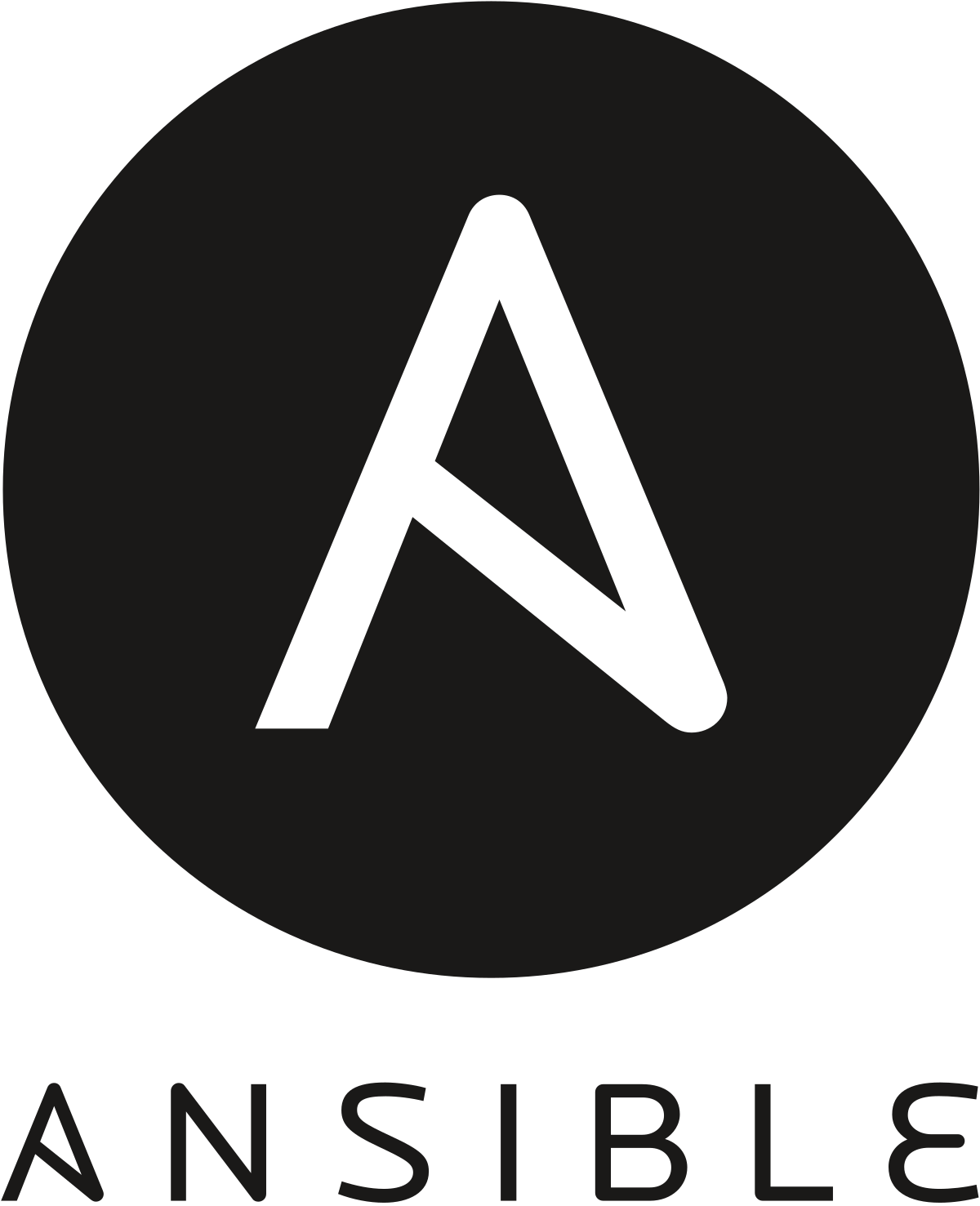


Configuration Management
Configuration management is the process of tracking and controlling changes to a system's hardware and software configurations. It involves establishing and maintaining consistent configurations across an organization's systems, ensuring that they are configured correctly and consistently.
By implementing effective configuration management practices, organizations can improve the reliability and stability of their systems and reduce the risk of configuration-related issues.
Monitoring
Prometheus, Datadog, Sentry, Grafana, Splunk, PagerDuty, InfluxDB, and other…



Monitoring
Monitoring is a key component of DevOps that enables organizations to monitor the performance and availability of their systems and identify any potential problems. There are various types of monitoring that can be useful in a DevOps setting, including performance monitoring, availability monitoring, security monitoring, and application monitoring. Performance monitoring involves tracking the performance of systems and identifying any issues that could affect the performance of applications or services. This includes monitoring resources such as CPU, memory, and disk usage, as well as key performance indicators like response times and error rates. Availability monitoring ensures that systems and services are available when needed by monitoring for outages or degraded performance and alerting the appropriate parties when issues are detected. Security monitoring monitors systems for security threats and vulnerabilities and alerts the appropriate parties when issues are detected. This can include monitoring for security breaches, malware, and other security threats. Application monitoring monitors the performance and availability of specific applications or services and alerts the appropriate parties when issues are detected. By implementing effective monitoring practices, organizations can improve the reliability and performance of their systems and respond quickly to any issues that may arise.
OPS-Stack Effective Automation Development With DevOps
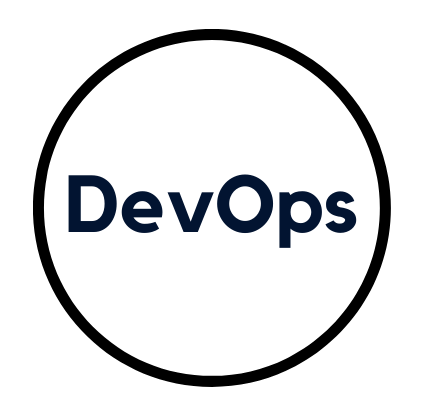
CD is an engineering approach which releases the software updates in a safe & reliable way. Reduce your deployment risks with our CD experts with an instant deployment process for any accurate changes.
Our DevOps solution helps to develop & deploy high-quality software products and services. Providing better resource management & Devops management plans with re-using option & low-cost implementation.
Data warehouses will help you make better, more informed decisions for many reasons
As a Devops services company, our Continuous monitoring solution streamlines any mission critical application seamlessly with Dockers, Kubernetes tools
Pipeline A Continuous Business Delivery With DevOps
DevOps Solutions breaks the barrier between development & operational services

Open Source Communities
Open source communities are self governing and self organizing.This is because there are no executives in charge of deciding the direction of the software for the entire community.









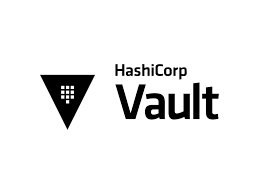


The Stack Builder
Observability
Jaeger
Prometheus
CloudWatch
OpenTelemetry
Grafana
Operating Systems
Linux
Windows
Debian
Ubuntu
Centos
Notification
Pagerduty
Slack
Discord
Line
Database
MongoDB
Elastic Search
SQL
Redis
Spark
Identify & Access
Active Directory
Open VPN
Keycloak
OpenID Connect
Amazon Cognito
Orchestration
Kubernetes
Ansible
AWS Fargate
EKS
Proxmox
Scripting
Go
Python
JavaScript
Bashscript
Dart
Source Control
Gitlab
Github
Bitbucket
AWS CodeCommit
SVN
Trusted Partner




Contact Us
Chat With Us
We've got live Social Experts waiting to help you monday to friday from 9am to 5pm GMT.

Send Us Email
Simple drop us an email at [email protected] and you'll receive a reply within 24 hours

Make a Call
Give us a ring.Our Experts are standing by monday to friday from 9am to 5pm GMT.
+66 98 648 1944
